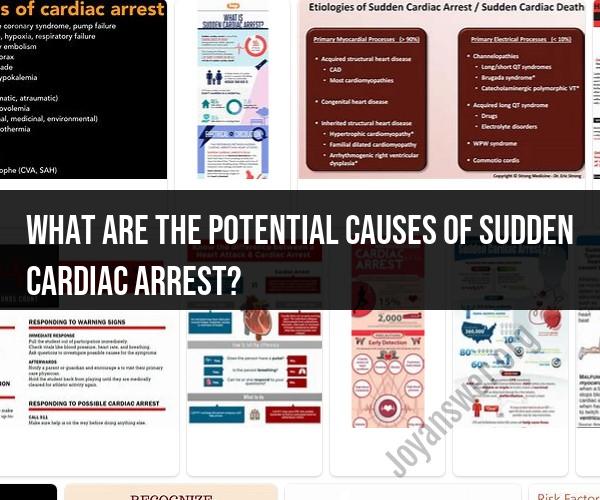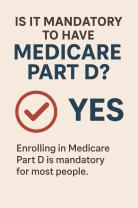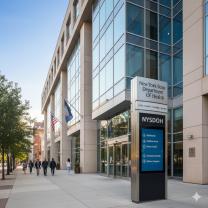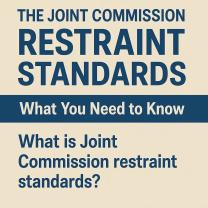What are the potential causes of sudden cardiac arrest?
Sudden cardiac arrest (SCA) is a life-threatening medical emergency that occurs when the heart suddenly stops beating. This results in a lack of blood flow to the brain and other vital organs, which can lead to unconsciousness and death if not treated promptly. SCA is often triggered by an electrical problem in the heart's rhythm, known as an arrhythmia. Here are some common triggers and underlying factors that can contribute to sudden cardiac arrest:
Arrhythmias:
- Ventricular Fibrillation (VF): VF is the most common arrhythmia associated with sudden cardiac arrest. It occurs when the heart's electrical signals become chaotic, causing the heart to quiver instead of pumping blood effectively.
- Ventricular Tachycardia (VT): VT is a fast and regular heart rhythm that originates in the heart's lower chambers (ventricles). If sustained, it can degenerate into VF.
Coronary Artery Disease (CAD):
- CAD is a condition where the arteries supplying blood to the heart muscle become narrowed or blocked by atherosclerosis (plaque buildup). This can lead to reduced blood flow to the heart, increasing the risk of arrhythmias that can trigger SCA.
Heart Attack (Myocardial Infarction):
- A heart attack occurs when a coronary artery is completely blocked, leading to a portion of the heart muscle dying due to lack of oxygen. Heart attacks can destabilize the heart's electrical system and increase the risk of arrhythmias.
Cardiomyopathy:
- Cardiomyopathy refers to diseases that affect the heart muscle's structure and function. Hypertrophic cardiomyopathy, dilated cardiomyopathy, and other forms of cardiomyopathy can disrupt the heart's electrical signals, leading to arrhythmias and SCA.
Electrolyte Imbalances:
- Abnormal levels of electrolytes like potassium, sodium, calcium, and magnesium can disrupt the heart's electrical balance and trigger arrhythmias.
Medications:
- Some medications, especially those that affect the heart's electrical activity (antiarrhythmics), can increase the risk of arrhythmias and SCA.
Inherited Heart Conditions:
- Genetic conditions like Long QT syndrome, Brugada syndrome, and other inherited arrhythmia disorders can predispose individuals to arrhythmias and sudden cardiac arrest.
Structural Heart Abnormalities:
- Structural issues such as congenital heart defects, valve disorders, and other abnormalities can disrupt the heart's normal electrical pathways.
Drug and Alcohol Use:
- Illicit drugs and excessive alcohol consumption can cause arrhythmias that lead to SCA.
Physical Trauma:
- Severe physical trauma, such as a blow to the chest, can disrupt the heart's electrical system and trigger arrhythmias.
Excessive Exercise or Overexertion:
- Intense physical exertion in individuals with underlying heart conditions can trigger arrhythmias and SCA.
It's important to note that sudden cardiac arrest can occur suddenly and without warning. While certain triggers and risk factors can increase the likelihood of an episode, it's not always possible to predict or prevent every instance of SCA. If you or someone else experiences sudden cardiac arrest, immediate cardiopulmonary resuscitation (CPR) and the use of an automated external defibrillator (AED) can greatly improve the chances of survival. If you have concerns about your heart health or potential risk factors, it's advisable to consult a medical professional.













